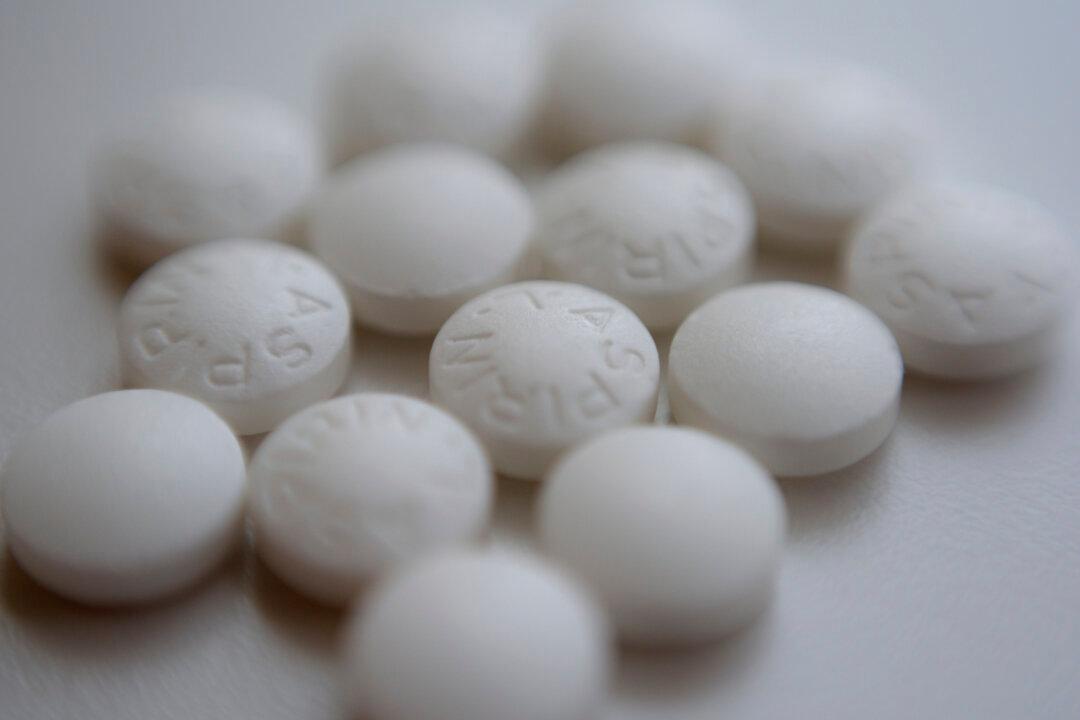Patients with moderate COVID-19 appeared to benefit from early administration of aspirin, according to a new study.
Patients who were given aspirin on their first day in the hospital were less likely to die or experience blood clotting, researchers found.






